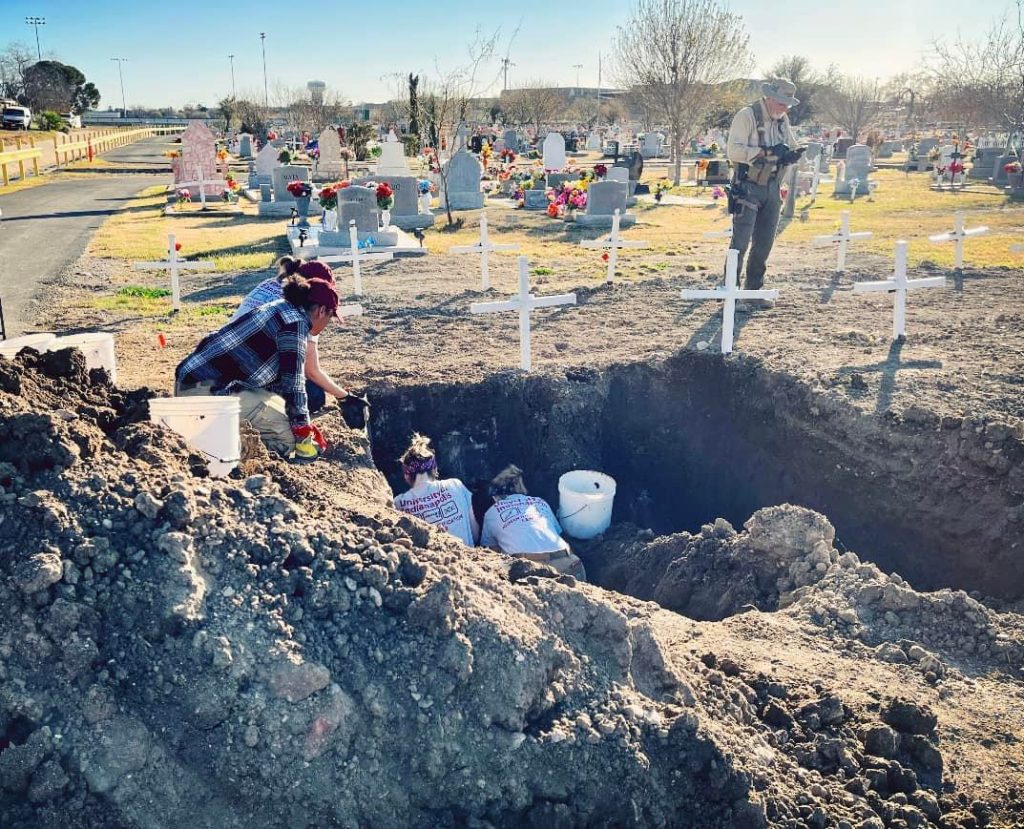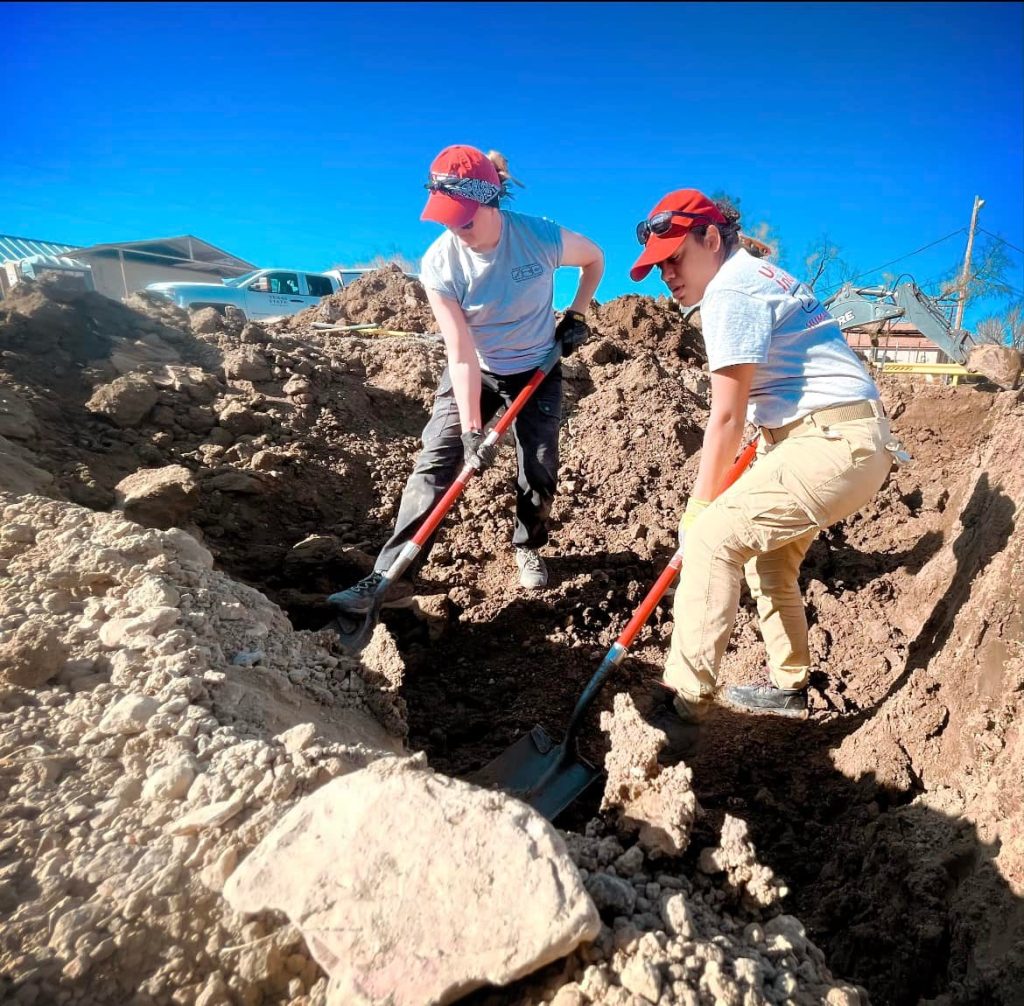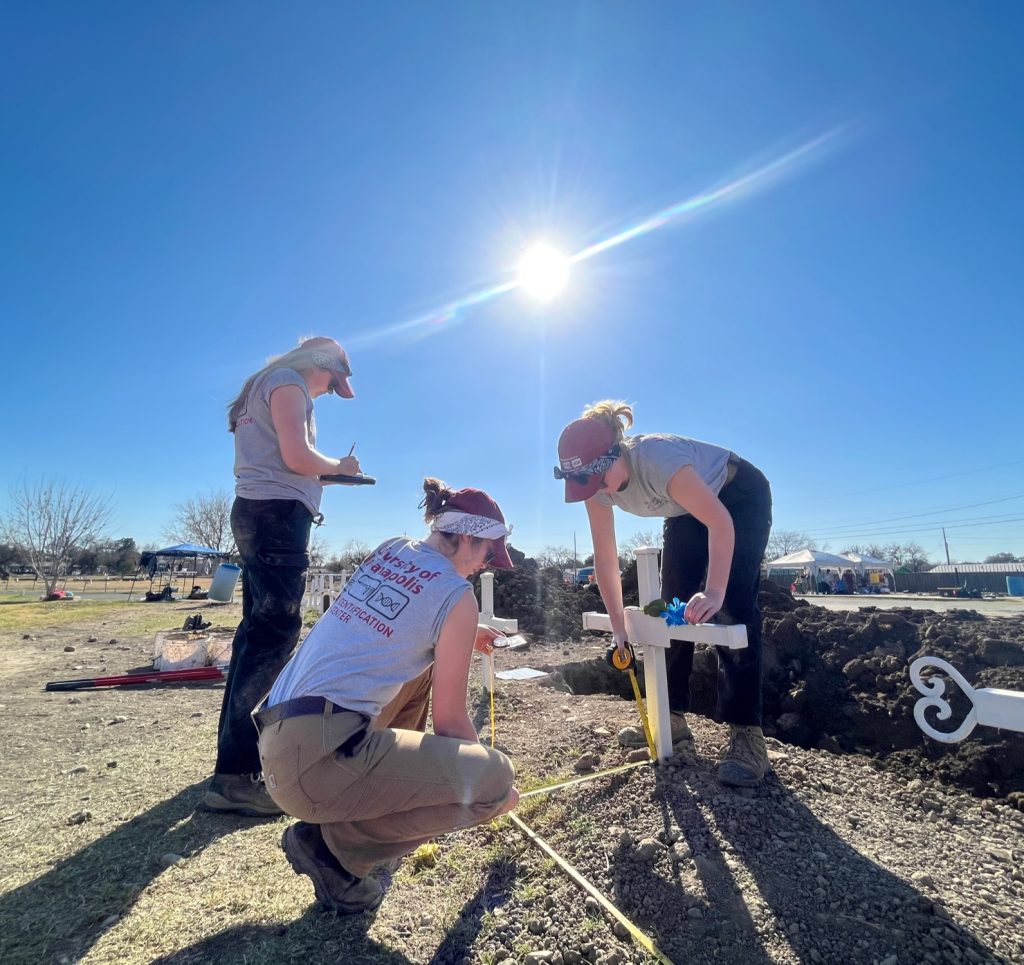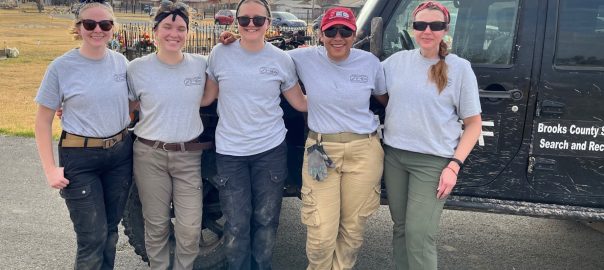The field of forensic anthropology has grown due to disasters. While most of forensic anthropology practice occurs on single death cases, it’s the disasters that have brought attention to and interest in the field out of the need for it to grow. Genocide and mass graves in Eastern Europe and Latin America first warranted the training of large teams of forensic anthropologists. The September 11 terrorist attacks, Hurricane Katrina, aircraft crashes, large fires in the western US and the prolonged mass disaster along the US-Mexico border have drawn students to the field. Once each disaster is addressed we wonder if the field will be saturated with practitioners, but there’s always another disaster. Some of them are sudden, unexpected and relatively short in terms of investigation. While others are prolonged in terms of deaths and investigations.

With all mass disasters we ask “why” and “how” this could possibly happen. With the US-Mexico border crisis these questions have lingered for decades with no response. Addressing immigration policy or the global circumstances that have created the mass migration event are often out of the hands of the forensic scientists, but we can address questions of and advocate for policies that focus on the forensic investigations and analyses. For decades I’ve watched colleagues in Arizona and Texas work to find creative ways to address the large volume of migrant deaths with little state provided resources. My colleagues in Texas are not paid to do this work, they have chosen to devote their time and resources to locating, identifying and repatriating those who died crossing the border.

What I have always struggled with, second to the fact that a large number of deaths occur on our border in the first place, is the lack of support for this work. There are always family members and friends that vocally display their lack of support for the volunteers working in the Texas borderlands. Their opposition is usually politically driven and narrowly focused. We decide what to do with the time given us. For my colleagues it means dedicating themselves to this work daily. For the Beyond Borders Team it means shorter bursts of intensive work and immersion in this crisis. The students learn practical forensic skills that will prepare them for a future in the field. They are being provided with an opportunity to grow and expand their skills, which should be celebrated. Yet that is often overshadowed by the context in which they are working. Every member of the Beyond Borders team has chosen to spend their time working on this large-scale identification project. They have chosen to work towards providing closure to families of the deceased and have chosen to put themselves in often uncomfortable and difficult situations in order to grow as professionals and as people.

We decide what to do with the time given us. We can decide to be positive and work towards positive change, we can do nothing or we can work against it. More and more often I find myself worrying about the physical and mental health of my closest colleagues working regularly at the border. With what I experience after just short trips, I can’t begin to imagine how they feel with the daily weight of this work. So, if you see a smile out of place in our work photos, do not misinterpret it as making light of the situation. It’s usually a smile at someone we admire, a smile at someone we are happy to see, a smile at someone we are watching grow or just a smile that helps us get though whatever difficult situation we are facing at the moment. If you have a forensic scientist or last responder in your life, take a moment to check in on them. You have no idea what they see, hear and experience on a daily basis. Whether you agree with the context of their work or not, they are choosing to make a positive contribution to society regardless of the emotional and physical toll it might take on them.

The purpose of this blog is to bring awareness to the situation in the Texas borderlands through the perspective of the forensic scientists working there. We try to provide you an insight you will not get from watching or reading the news. While there are so many challenging, difficult and disheartening things I could focus on in my reflections of our time at the border, I always try to highlight something positive. I am so incredibly proud of the hard work and growth I witnessed in all the students at the cemetery during this trip to Eagle Pass. It was physically challenging and emotionally difficult yet they started and ended each day with professionalism and motivation, learned to work as a team, witnessed the complexity of a crisis with no end in sight, and chose to spend their time serving others in a time of crisis and disaster.
~KEL
